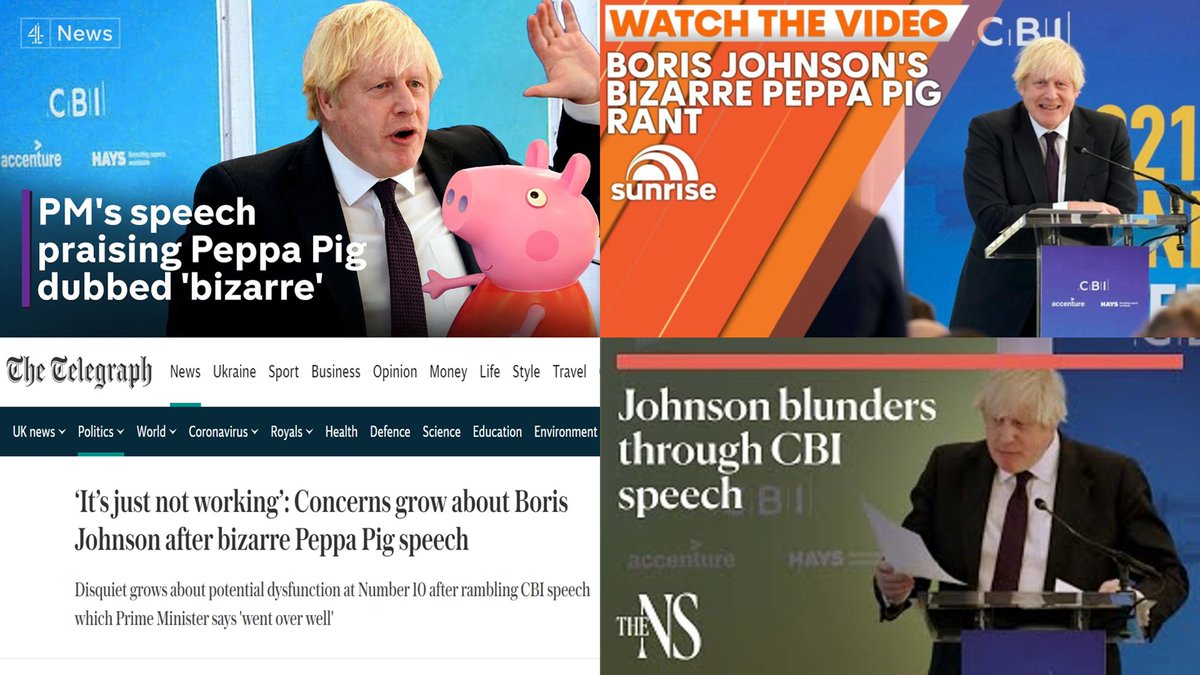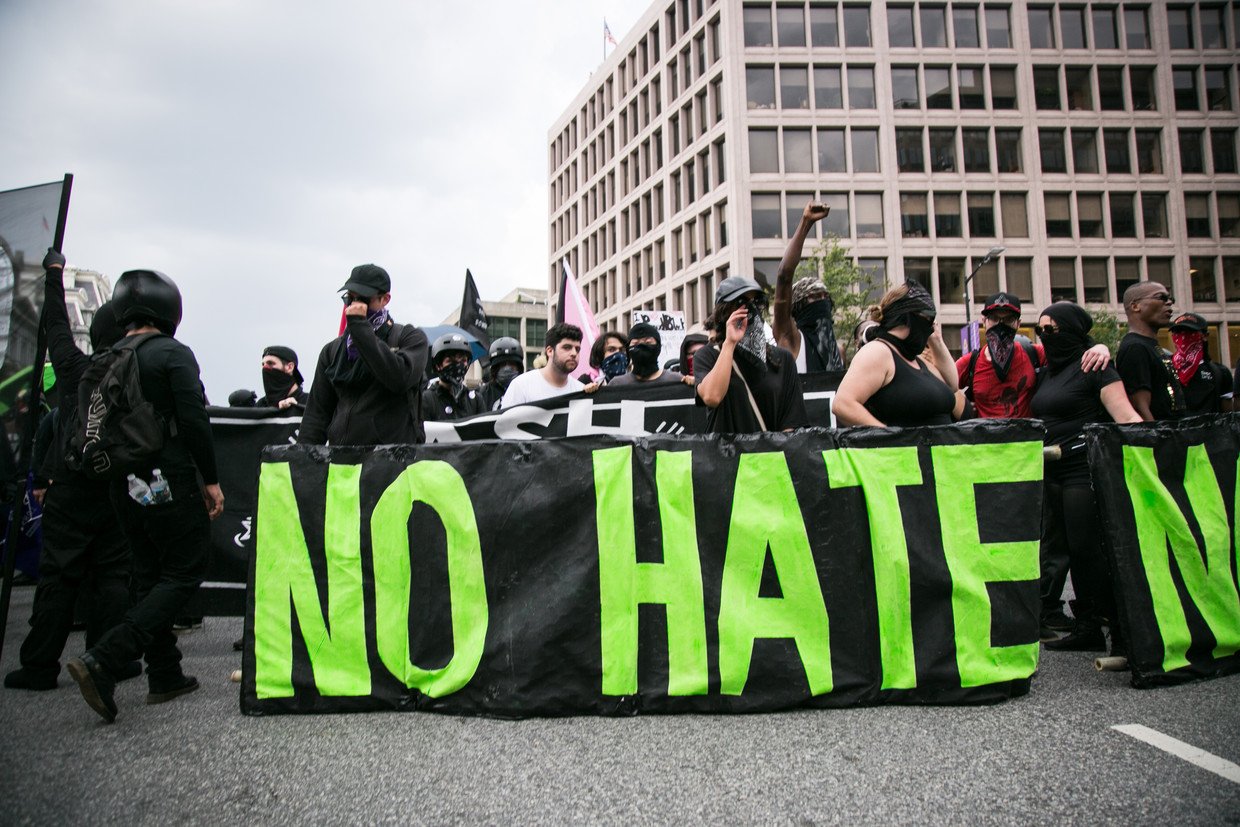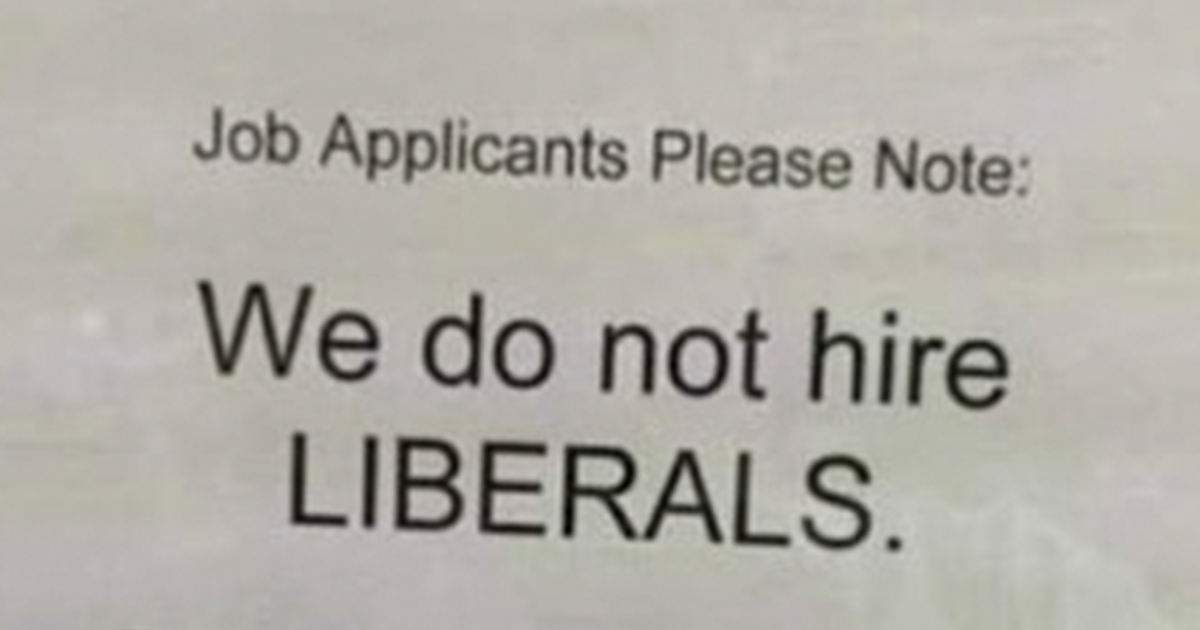Battin rejects ‘extreme’ slur, accuses Labor of running scared. This high-stakes political clash involves a serious allegation of an offensive slur leveled against Battin, prompting a fiery response and accusations of cowardice against the Labor party. The incident throws a spotlight on the increasingly aggressive rhetoric in modern political discourse and the potential consequences of such language on public perception and election outcomes.
We’ll dissect the events, analyzing the strategies employed by both sides and exploring the broader societal implications.
The context revolves around recent political campaigning where an unspecified slur—the nature of which is central to the controversy—was allegedly used against Battin. This led to Battin’s public accusations of Labor employing scare tactics to avoid open debate on key policy issues. News reports and official statements will be examined to assess the validity of both claims. The analysis will also compare Battin’s response strategy to similar instances in recent political history, highlighting potential short-term and long-term consequences for all parties involved.
We’ll consider the impact on different demographic groups and explore alternative communication strategies Battin might have considered.
So, Battin’s rejecting that “extreme” slur, claiming Labor’s dodging the issue – pretty intense political stuff, right? It’s a far cry from the excitement of the Liverpool match, check out the highlights here: Liverpool 3-1 Leicester: Cody Gakpo, Curtis Jones and Mohamed. Anyway, back to Battin – he’s clearly trying to turn the tables on Labor’s strategy.
Battin’s Accusations and the “Extreme” Slur

This article analyzes the political fallout following accusations made by Battin against the Labor party, specifically the claim that Labor is “running scared,” and the alleged use of an “extreme” slur against Battin. We will examine the context of these events, the strategic implications of the responses from both sides, and the role of media coverage in shaping public perception.
Battin’s Accusation: Labor Running Scared
Battin’s statement accusing Labor of being “scared” needs to be understood within the broader context of the ongoing political campaign. This accusation likely stems from specific policy debates or campaign events where Labor’s actions or lack thereof were perceived by Battin as evasive or indicative of fear. For instance, if Labor avoided a direct debate on a controversial issue championed by Battin, or if they shifted their campaign focus away from a topic Battin highlighted, this could be interpreted as evidence of fear.
To support or refute this claim, we need to examine news reports and official statements. News articles might reveal instances where Labor avoided direct engagement with Battin on specific policy proposals. Official statements from both parties could offer insights into their respective campaign strategies and the reasoning behind their actions. For example, a news report detailing Labor’s refusal to participate in a televised debate with Battin could bolster Battin’s claim.
Conversely, a Labor statement outlining their strategic reasons for focusing on other aspects of their campaign could weaken it.
The political implications of this accusation are significant. By portraying Labor as fearful, Battin aims to undermine their credibility and project an image of strength and decisiveness for themselves. This can sway undecided voters who may favor a party perceived as confident and capable of governing. This strategy is comparable to other political tactics, such as negative advertising or emphasizing perceived weaknesses of opponents, common in many recent campaigns.
For example, during the [Year] election, candidate X used similar accusations of “weakness” against their opponent to successfully sway public opinion.
The Alleged “Extreme” Slur: Nature and Impact
The specific nature of the alleged slur remains unclear from available information. The lack of specific details might be due to ongoing investigations, legal considerations, or a deliberate decision by Battin or the media to avoid further publicizing the offensive language. However, the mere accusation of such an event carries significant weight.
The impact of this alleged slur on public perception could be profound. Depending on the nature of the slur, it could damage the reputation of the individual or group responsible, potentially leading to a loss of public support. The incident also highlights the broader societal problem of offensive language in political discourse, reinforcing negative stereotypes and creating a hostile environment for political participation.
The use of such language in political discourse has far-reaching consequences. It normalizes hate speech, alienates voters, and erodes public trust in the political process. It can create divisions within society and make constructive political debate more difficult. The impact extends beyond the immediate participants, affecting the overall tone and civility of political engagement.
| Demographic Group | Potential Reaction |
|---|---|
| Supporters of Battin | Outrage at the slur, increased support for Battin, potentially increased negative feelings towards the opposing party. |
| Supporters of Labor | Disbelief or dismissal of the accusation, depending on the perceived credibility of the source and the evidence presented; potential shift in support depending on the party’s response. |
| Undecided Voters | Negative perception of both parties involved, depending on the perceived severity of the slur and the handling of the situation by each side. Could lead to decreased voter turnout. |
Battin’s Response and its Strategic Implications
Battin’s public response likely involved a combination of statements condemning the slur, emphasizing the unfairness of the attack, and reiterating their accusations against Labor. The effectiveness of this strategy depends on several factors, including the credibility of Battin’s claims, the perceived severity of the slur, and the overall tone of Battin’s communication. A strong, measured response could garner public sympathy and reinforce Battin’s image as a victim of unfair political tactics.
So Battin’s rejecting that “extreme” label, right? He’s saying Labor’s dodging the issue. It’s all pretty intense, kind of like trying to solve today’s NYT crossword puzzle – check out the hints and answers here if you’re stuck: NYT ‘Connections’ Hints And Answers For Saturday, December 28. Anyway, back to Battin – his accusations against Labor are definitely heating things up.
Alternative communication strategies could have included a more conciliatory approach, focusing on the importance of civil discourse and avoiding further escalation. Or, Battin could have chosen to de-emphasize the slur and concentrate solely on the policy disagreements. The choice of strategy has significant implications for the outcome.
So, Battin’s rejecting that “extreme” label, calling out Labor’s tactics. It’s a pretty heated debate, kind of like figuring out the best tech for smart grids – check out this article on Breaking barriers in smart metering with Wi-Fi HaLow for a different kind of challenge. Anyway, back to Battin, his accusations suggest Labor’s avoiding a real discussion.
- Short-term consequences: Increased media attention, potential shift in public opinion, damage to the reputation of involved parties.
- Long-term consequences: Lasting impact on voter perceptions, potential influence on future election outcomes, impact on the tone and civility of political discourse.
Labor’s Reaction and its Political Strategy

Labor’s response would likely involve a condemnation of the slur if it was indeed used, a denial of any involvement, and a focus on their own campaign message. Their response would significantly influence public opinion, potentially mitigating damage to their image or exacerbating the situation depending on their handling. A swift and decisive condemnation could demonstrate their commitment to respectful political discourse, while a weak or delayed response could be perceived as tacit approval or indifference.
Comparing Labor’s response to previous responses to similar situations would require examining historical examples of how political parties have handled accusations of offensive language or similar controversies. A hypothetical scenario where Labor’s actions escalate the situation could involve a counter-accusation or a highly aggressive response that further polarizes public opinion. Conversely, a de-escalation strategy might involve a focus on unity and a call for civil discourse.
Public Perception and Media Coverage, Battin rejects ‘extreme’ slur, accuses Labor of running scared
Media coverage will shape public perception by framing the event within a specific narrative. The dominant narratives could range from focusing on the alleged slur as a serious breach of political decorum to emphasizing the underlying political disagreements. Media bias, inaccuracies in reporting, or selective emphasis on certain aspects of the story could influence how the public interprets the events.
Headlines might highlight the slur’s severity, potentially using emotionally charged language to grab attention and influence reader sentiment. Images accompanying the news reports might visually reinforce the chosen narrative, focusing on expressions of outrage or emphasizing the political divisions involved. The emotional impact of these visual elements could be significant in shaping public opinion, influencing the perceived credibility of involved parties, and influencing the overall tone of the public debate.
Closing Summary: Battin Rejects ‘extreme’ Slur, Accuses Labor Of Running Scared

The clash between Battin and Labor highlights the increasingly fraught nature of political discourse. Battin’s rejection of the alleged slur and counter-accusation against Labor reveal a calculated political strategy, the effectiveness of which remains to be seen. The incident underscores the importance of responsible language in political debate and the potential consequences of inflammatory rhetoric. Analyzing media coverage and public reaction offers valuable insights into how such events shape public opinion and influence election results.
Ultimately, this case serves as a cautionary tale of the risks and rewards of aggressive political maneuvering.
Answers to Common Questions
What specific slur was allegedly used?
The Artikel doesn’t specify the exact slur. Further investigation into news reports and official statements would be needed to determine this.
How did the public initially react to the allegations?
Analysis of social media trends, public opinion polls, and early news coverage would provide insights into the initial public reaction. It likely varied depending on individual political affiliations and beliefs.
What legal ramifications, if any, could arise from this incident?
Depending on the nature of the slur and the evidence available, legal action could potentially be taken by Battin against the individual or individuals responsible. This is speculative without further information.